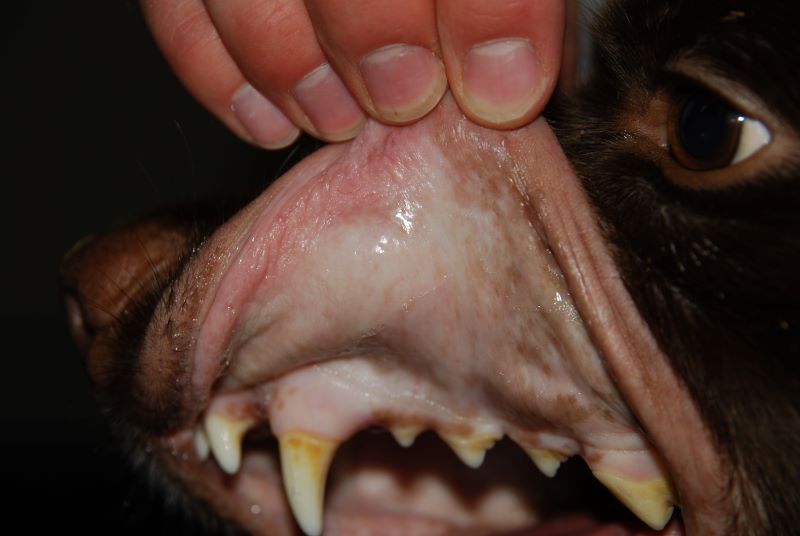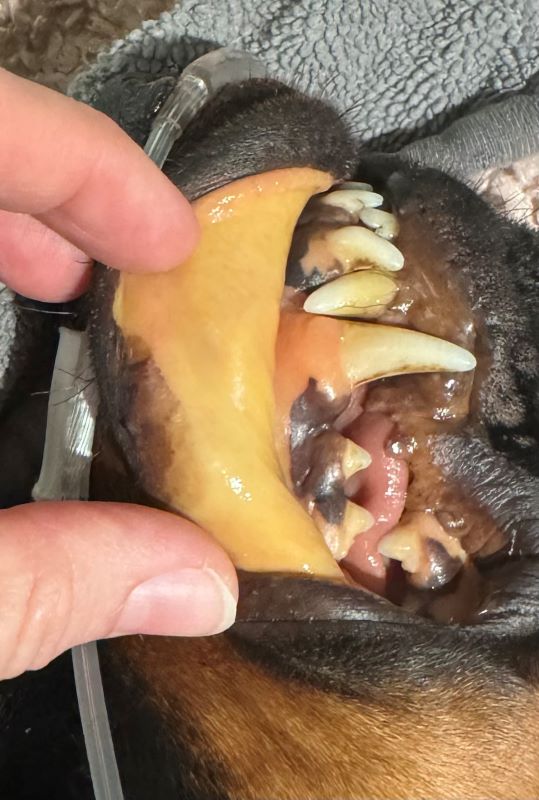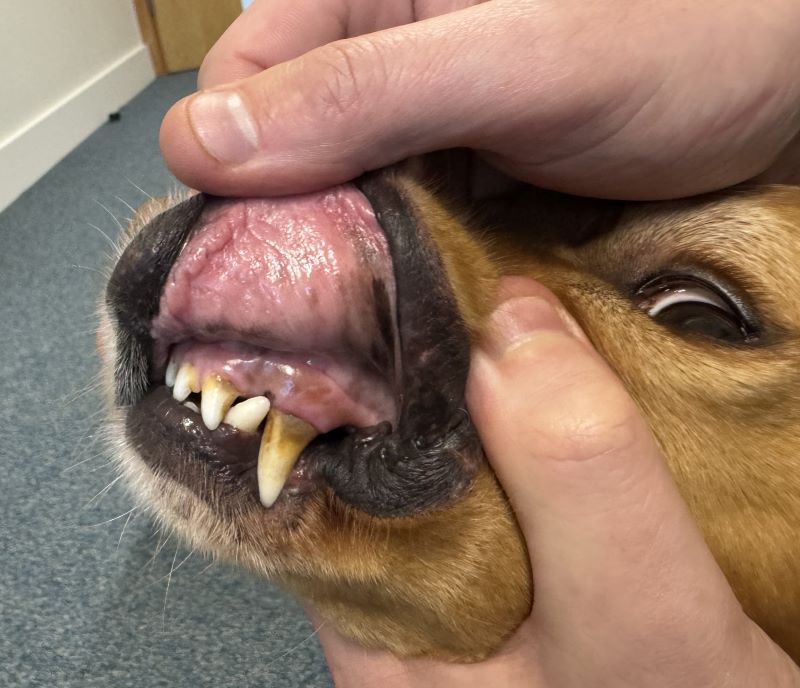RVC awarded international grant to advance research into fatal blood disease of dogs
The Royal Veterinary College (RVC) has been awarded a research grant from Allen and Barbara Dearry through the Morris Animal Foundation’s Donor Inspired Study programme to advance critical research into immune-mediated haemolytic anaemia (IMHA), a serious and often fatal blood disease in dogs.

The grant, amounting to more than US$99k, will support the exploration of mechanisms that cause the disease using cutting edge single cell RNA sequencing approaches, as well as evaluating different treatments with the aim of treating the disease with fewer side effects.
IMHA is a common disease with a high death rate which occurs when a dog’s immune system begins attacking its red blood cells, eventually leading to their destruction. While treatments exist, these usually involve suppressing the immune system by medications in order to stop the body from destroying its own red blood cells. However, these medications also cause side effects, including increased thirst, appetite, increased urination, panting, muscle wastage, lethargy and behavioural changes, which can be distressing for dogs and their owners. There is therefore a major clinical need to understand how dogs can be treated effectively to control their disease while minimising the adverse effects they experience.

This research, led by Dr Barbara Glanemann, Associate Professor in Small Animal Medicine at the RVC, in collaboration with RVC colleagues, Dr James Swann, Visiting Associate Professor; Dr Balazs Szladovits, Associate Professor in Clinical Pathology; and Dr Floryne Buishand, Lecturer in Soft Tissue Surgery, will use new technology to examine each blood cell collected from dogs with IMHA. These samples will be gathered from dogs presented and diagnosed with IMHA at the RVC’s Queen Mother Hospital for Animals and two collaborating sites – Davis Veterinary Specialists and Dick White Referrals. The findings from this analysis will help improve understanding of which genes are turned on and off – therefore shedding light on what is going wrong with the patient’s own immune system.
Comparing these results to those from healthy dogs will help improve knowledge of how and why the immune system attacks red blood cells and may identify new therapeutic targets for drug development. The research team will also investigate how cells from individual dogs with IMHA respond to common medications to create prediction models that can be used by veterinarians to help decide which medication will be most appropriate for different dogs diagnosed with IMHA.
Dr Barbara Glanemann, Associate Professor in Small Animal Medicine at the RVC, said:

“We are excited to uncover new information on how IMHA develops in our dogs and are hoping to identify what therapy works best for individual dogs, which could have a major impact on the quality of life for dogs with this distressing disease.”
Dr Kelly Diehl, Senior Director of Science Communications at Morris Animal Foundation, said:
"We’re very excited to fund these projects and we hope to make a significant difference in the understanding and treatment of this important but underfunded disease.”
Notes to Editors
Media contacts
- Jasmin De Vivo – devivo@plmr.co.uk or rvc@plmr.co.uk
- Press Line: 0800 368 9520
About the RVC
- The Royal Veterinary College (RVC) is the UK's largest and longest established independent veterinary school and is a Member Institution of the University of London.
- It is one of the few veterinary schools in the world that hold accreditations from the RCVS in the UK (with reciprocal recognition from the AVBC for Australasia, the VCI for Ireland and the SAVC for South Africa), the EAEVE in the EU, and the AVMA in the USA and Canada.
- The RVC is ranked as the top veterinary school in the world in the QS World University Rankings by subject, 2024.
- The RVC offers undergraduate and postgraduate programmes in veterinary medicine, veterinary nursing and biological sciences.
- The RVC is a research-led institution, with 88% of its research rated as internationally excellent or world class in the Research Excellence Framework 2021.
- The RVC provides animal owners and the veterinary profession with access to expert veterinary care and advice through its teaching hospitals and first opinion practices in London and Hertfordshire.
You may also be interested in:
-
A tale of survival: Heroic emergency services save beloved cat from burning house
Owner thanks fire service, paramedics and veterinary staff who rescued cat Whiskey from fire and …

